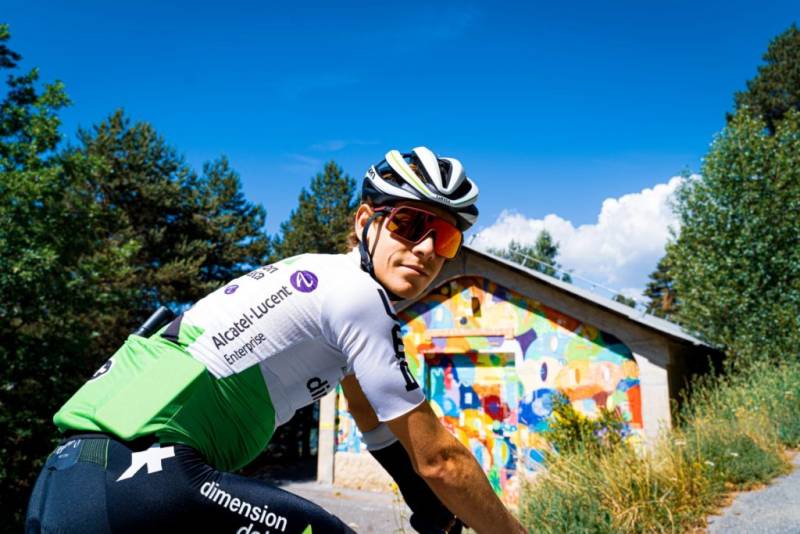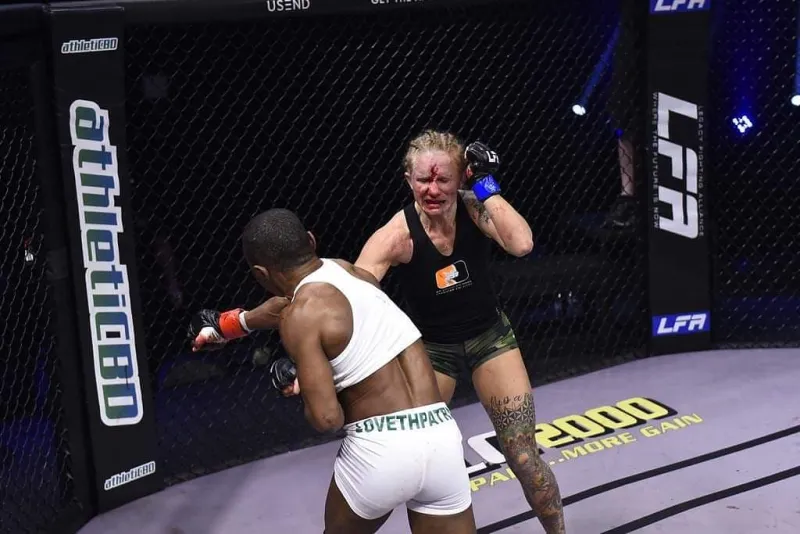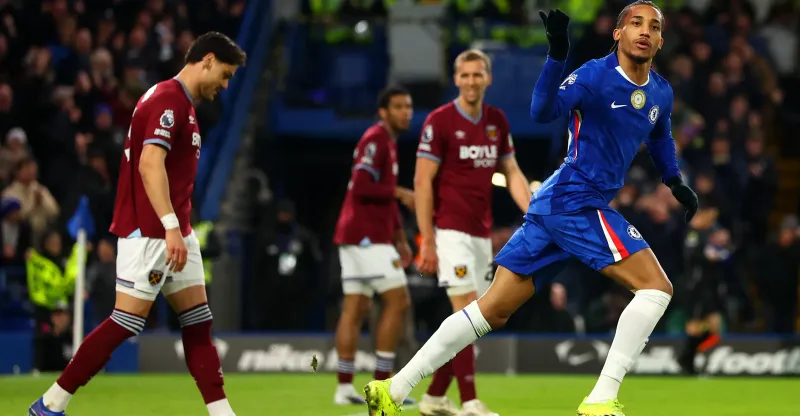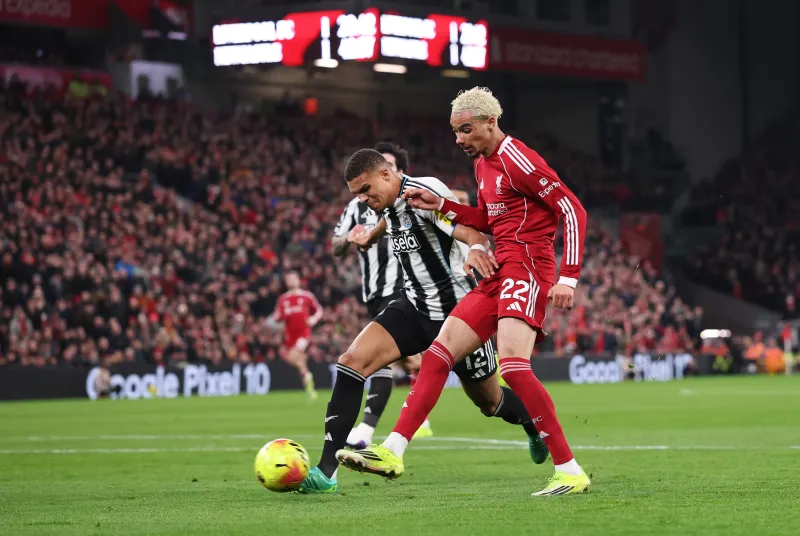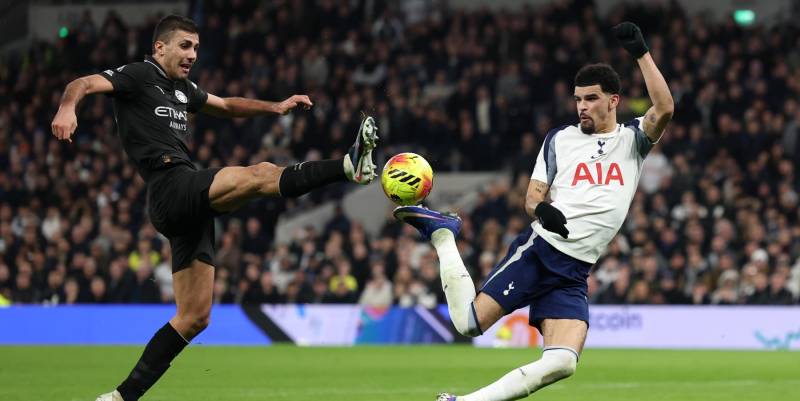The Tour de France is not only the most well-known cycling race in the world, but it's also one of the toughest competitions in professional sports.
The race's itinerary this year covers roughly 3,350 kilometers over 21 racing days with only three rest days.
Over stages some are regarded as flat and others that take in mountains with gradients that many would struggle to walk up, 176 racers from 22 teams are anticipated to compete.
Most of the stages are longer than 140 km, so cyclists should expect to spend many hours each day on the bike in addition to the time it takes to travel by bus to and from the start and finish lines to their hotels.
Only two South Africans will represent the continent in this year's Tour, which begins on Friday with a time trial in Denmark, as Team Qhubeka, Africa's top cycling team, was unable to secure a World Tour license.
Daryl Impey, a former stage winner and yellow jersey holder, was replaced in the Israel-Premier Tech squad by Chris Froome, a Kenyan-born four-time overall champion, after being disqualified from the race due to a positive Covid-19 test the day before the Grand Depart.
Meanwhile, Louis Meintjes, who twice placed eighth overall in the event in 2016 and 2017, is preparing for his fifth Tour. This is the highest result by an African rider.
The 30-year-old, who is this year's member of the Intermarche-Wanty-Gobert squad, acknowledges that there isn't much downtime during the taxing race.
"It's very likely that you don't get much downtime and if you do have extra time, you use it to study the race, look at the route and prepare for the next day," Meintjes told BBC Sport Africa.
"A quick call (to family and friends) is the best you can do.
"Normally after waking up, you go straight to breakfast and pack your suitcase so that it's ready to go to the next hotel. Then transfer to the bus to get to the start of the stage, then we'll do a meeting and get ready for the stage.
"Next is signing on before the race starts, then it's a few hours of racing, a shower and a quick meal on the bus and another transfer to the next hotel. A massage, dinner and back to bed."
"You get used to them, but it's not a nice and relaxing thing," Meintjes explained.
Riders need a strong squad around them in the peloton in addition to the daily effort to cross the finish line on the Champs Elysees in Paris.
Cycling teams employ a large number of support personnel, such as managers, coaches, physiotherapists, and masseurs; Meintjes' Intermarche-Wanty-Gobert team named 25 individuals to assist its eight riders.
The cyclists must not only cooperate while racing, but also adapt their strategies to each day's unique challenges.
Meintjes acknowledges that winning even a stage, let alone the overall championship, requires a combination of individual talent and teamwork.
"It's a bit strange and it's different from a lot of other sports," he explained.
"It does depend a lot on the individual and how good he is, but the team around you can make a really big difference. If you're in contention fighting for the win, then you really need a strong team around you."
